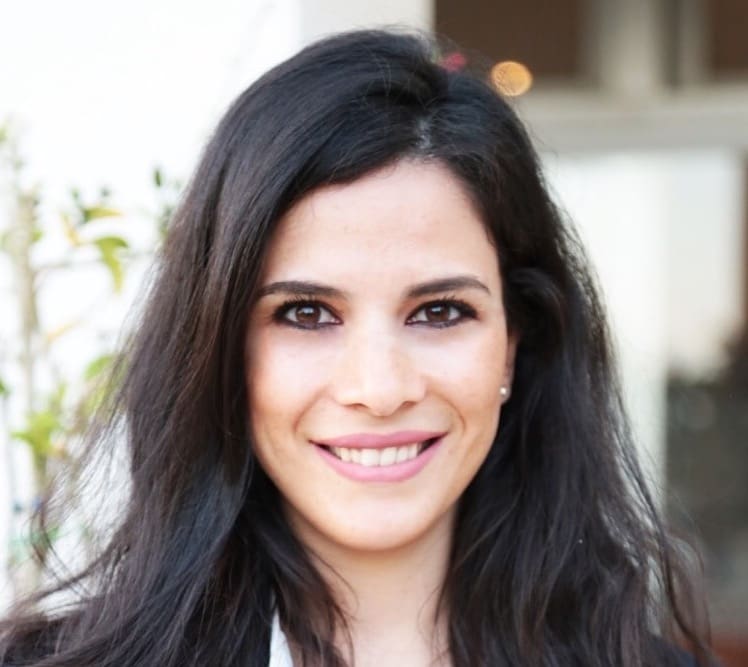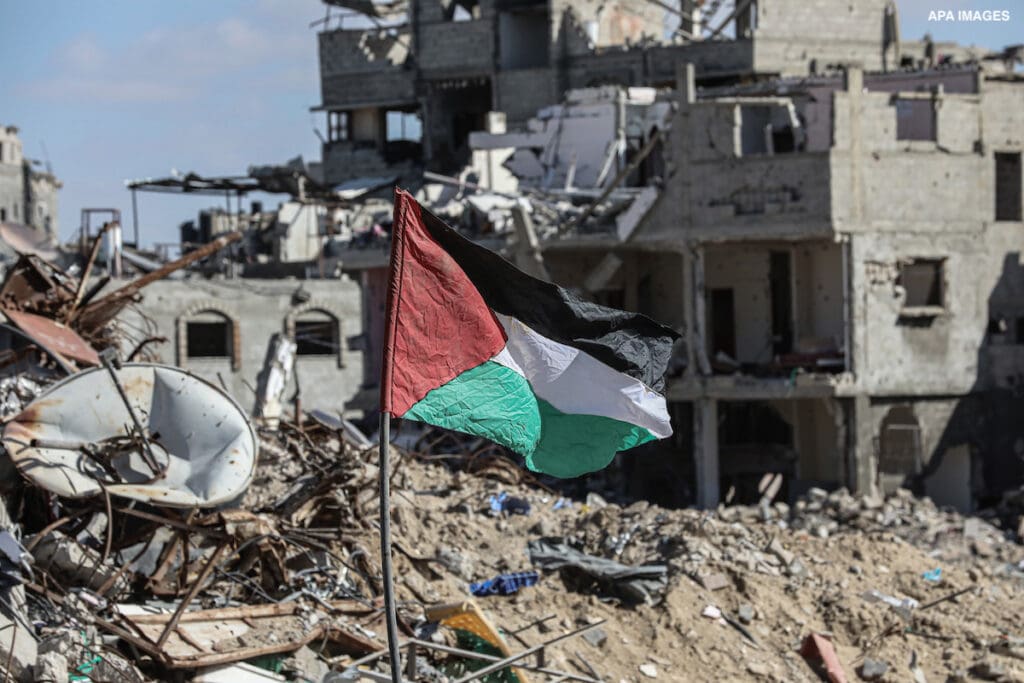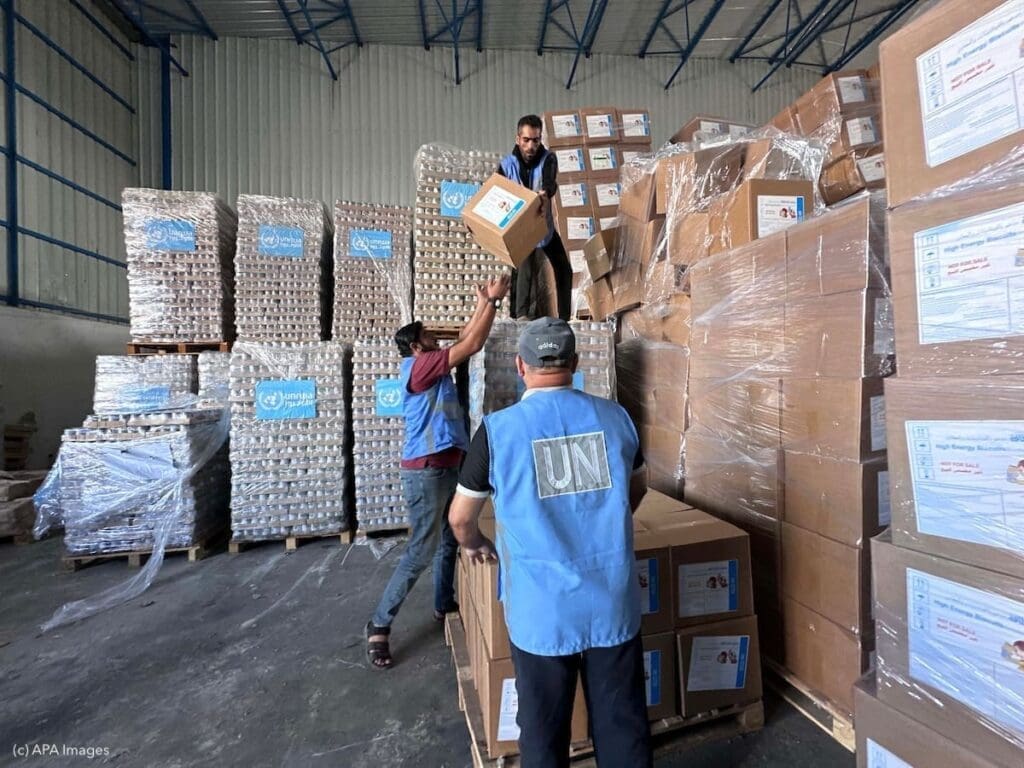Shatha Abdulsamad is a Palestinian researcher and policy analyst based in Berlin. She previously served as a researcher at the Alternative Policy Solutions public policy research project at the American University in Cairo, as Political Officer at the British Consulate in Jerusalem, and as Program Manager at the German think-tank Friedrich-Ebert-Stiftung. Shatha holds an MA in International Human Rights Law and Refugee Studies from the American University in Cairo, and a higher diploma in Strategic and Political Communication from Birzeit University. Shatha was an Erasmus Mundus Scholar to Belgium, and holds a second master’s in Business Management from the Vrije Universiteit Brussel.
From this author
On January 15, 2025, Qatar announced a ceasefire agreement between the Israeli regime and Hamas. The long-awaited deal, mediated by Qatar, Egypt, and the United States, promised an end to 15 months of genocidal assault on Gaza, during which Israeli forces killed at least 64,260 Palestinians and reduced much of the strip to rubble.
While the implementation of the ceasefire offers critical relief for Palestinians in Gaza who have been enduring and resisting genocide, skepticism remains over the feasibility of its full implementation. In this roundtable, Al Shabaka analysts Shatha Abdulsamad, Basil Farraj, Talal Abu Rokbeh, and Diana Buttu weigh in on the different aspects of the ceasefire deal and what they mean in the broader context of Israeli settler colonial occupation of Palestine.

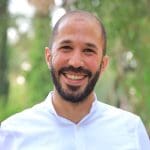
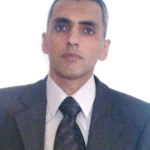

+
For decades, Israel has spearheaded a campaign against UNRWA meant to erase the question of Palestinian refugees and their collective right of return. While not new, the latest defunding of the agency by Israel’s allies is unprecedented in terms of its scope and perilous timing.

Shatha Abdulsamad· Apr 30, 2024






